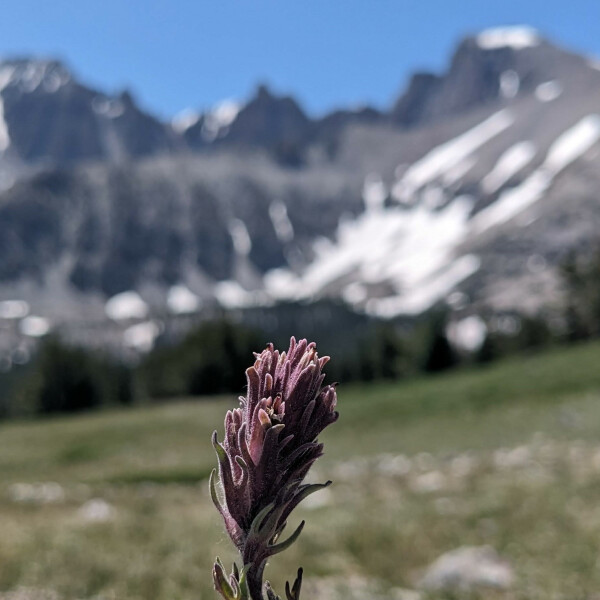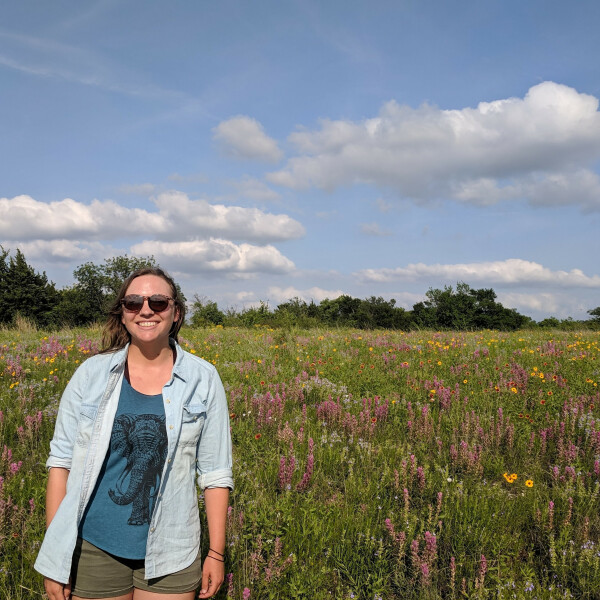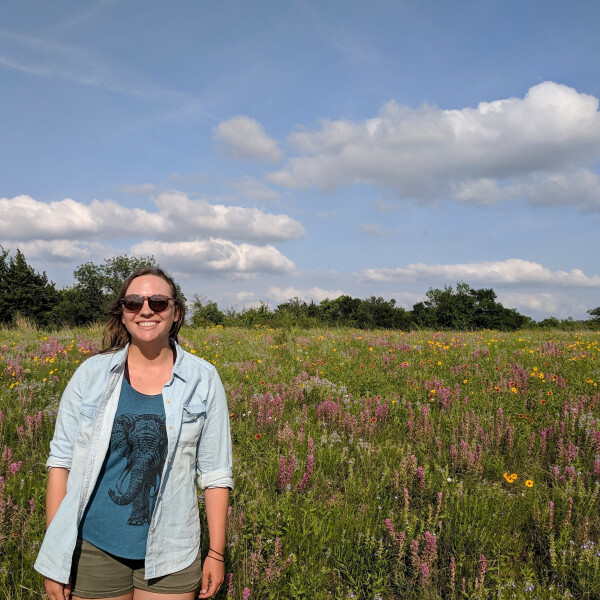
How do species become different?: Investigating floral traits, climate, pollinators, and genomic variation in species complexes 2024
Chicago Botanic Garden with considerable travel to field sites in the western US
Ecology, Genetics, GIS, Reproductive Biology, Fieldwork, Labwork, Plant Systematics, Plant Morphology, Plant Traits, Entomology, Pollinator Networks, Bees, Moths, Evolution
The process generating new species (speciation) is a continuous, ongoing process, and questions remain about its early stages. Early stages of speciation can be exemplified in species complexes, which exhibit distinct but overlapping variation in traits and likely continue to interbreed, making them taxonomically challenging to categorize. Studying species complexes allows us to zoom in on early stages of speciation to examine how an organism’s local environment and ecological interactions shape the evolution of both its physical traits (phenotype) and its genomic make-up. This project will characterize early divergence among flowering plants by examining floral trait variation, ecological drivers (pollinator visitation and abiotic environmental variables), and genomic divergence in the recently radiating genus Castilleja (the paintbrushes). This work will focus on the C. sessiliflora and C. pilosa species complexes, which occur in contrasting environments (the Great Plains and the Intermountain West, respectively).
This project will involve field work to document pollinator visitation to focal plant species, which will require considerable travel, hiking, and camping in remote locations such as the Sierra Nevada mountains in California and Intermountain areas in Oregon, Idaho, and Nevada. There will also be opportunities to analyze floral color and morphology data, climate and environmental data, and to gain experience in a genetics lab, collecting and analyzing genomic data. The specific focus of the project will have some flexibility based on the interests and experience of the selected intern.



